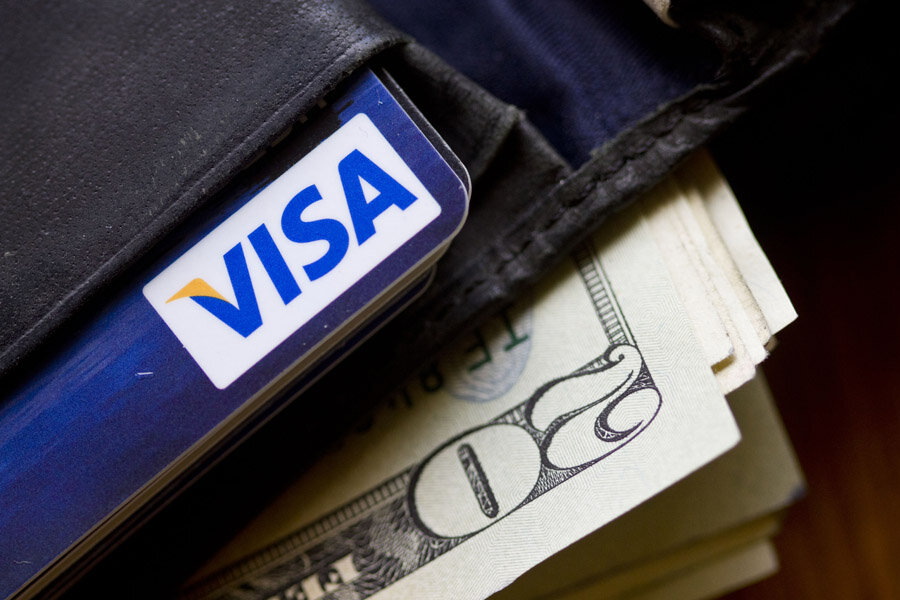Is your emergency fund big enough to keep you afloat?
Loading...
If you lost your job, or your main income stream suddenly disappeared, how long could you maintain your current lifestyle? If you're like millions of US adults? Not very long. According to the Chain Store Guide's Consumer Spending Report for May, 40 percent of US adults said that if they lost their incomes, they could only maintain their lifestyles for one to three months. An additional 21 percent said that they wouldn't be able to continue their lifestyles for even one month.
That's a problem. Financial experts recommend that consumers build an emergency fund that can cover at least six months of normal expenses. Unfortunately, as the Chain Store Guide report shows, far too many US adults continue to live paycheck-by-paycheck.
Prioritize Spending to Make Saving Easy
David Keefe, financial advisor with Eagle Strategies in Waltham, Massachusetts, says that many consumers could build this emergency fund relatively easily, but instead choose to waste their money on frivolous purchases.
Morning coffee runs, anyone?
"I often ask people what they spend some of their money on. Starbucks' lattes? Well, 200 of those a year at $3.50 each is $640 a year. If you instead save that money, in a few years you have close to $3,000 saved," Keefe says.
Then there are cigarettes. Keefe does the math: If you spend $9 a pack for 365 days a year, that comes out to $3,385 a year. That's a lot of money that could instead be stowed into an emergency fund.
So while creating an emergency fund might seem overwhelming, it really isn't, Keefe said.
"I would ask people to visualize what it might feel like to have $5,000 for emergencies set aside," Keefe says. "Not being financially sound creates a lot of stress. The opposite is better."
Let Compounding Do Its Work
Frank Migliazzo, managing director with the Troy, Michigan, office of Merrill Lynch, said that it's not difficult for people to start an emergency fund, even if they don't earn high salaries.
Thanks to the power of compound interest, even small amounts of money can grow to significant savings given time, Migliazzo said.
"The sooner you start, the better off you are. You can do it with even small amounts of money," Migliazzo says. "Even college students who work in the summers can set up a certain amount of money to be deposited into an account, even if it's just $25 or $50 a month. You would be surprised with compound interest the amount of money you end up with over time."
Discipline and Routine Help, Too
Having discipline is the key to starting — and maintaining –— an emergency fund, said Migliazzo. This might also involve knowing your own financial weaknesses and working around them.
Migliazzo points to a relative of his who automatically invested a certain amount each week in US savings bonds. He asked Migliazzo if this was a smart move. Migliazzo advised his relative that he could probably earn a better rate of return on his savings if he invested his dollars in a mutual fund.
The relative, though, said that if he had the money in his hands he'd probably just blow it on frivolous purchases. This relative understood his bad financial habits and was willing to take steps to avoid the same money mistakes he'd made in the past.
"I told him that putting his money in savings bonds instead of blowing it was the better choice," Migliazzo said.
Plan to Be Prepared
Living without an emergency fund is dangerous, said Keefe. And the fact that so many US adults don't have a financial cushion is troubling, he said.
That's because unexpected financial emergencies pop up far too often. Those consumers who lack an emergency fund constantly find themselves generating more debt as they turn to credit cards to replace broken water heaters, cover blown head gaskets, or cover their daily living expenses as they search for a new job after being fired or laid off.
"When setting up a personal home budget, people rarely include house and car repairs," Keefe said. "If you own a $300,000 house you might count on spending 1 percent to 5 percent of the value of that home every year on repair and maintenance. Better to have a few thousand saved up for when the water heater breaks."







